“Buyer Beware” of Newly Renovated Homes

- Seller has a spotty memory ….
- Or says things like, “I haven’t lived here long.”
- Offers no real estate disclosure form
- New paint, tile, or flooring here and there
- Read the home inspector’s report carefully, including between the lines when the inspector uses phrases like, “a lot of issues” or “a major issue.” Ask your exclusive buyer agent to prod the sellers for more details. If the inspector couldn’t access certain places, ask why.
- Ask for a disclosure form. Push for more answers to your questions. When a listing agent refuses to provide the standard disclosure form, I put all the questions in the form on an email and make it an Exhibit to the contract. The Seller has a legal obligation to answer questions asked directly.
- Phrases like, “It’s always been that way,” “That’s not a big deal,” or “Show me a house that doesn’t have a problem.” ” It was that way when we bought it”
- Look for signs of irregular maintenance, such as dusty air vents, old filters in the AC system, clogged gutters, and dying grass, just to name a few. Politely but firmly ask for more details, receipts, and documentation about anything the homeowner waves away.
- Ask to turn off the music or remove the scents and return at a later date during the inspection period.
- Request that items be cleared from walls and garage to accommodate the inspector.
- Don’t be rushed though the final walk-through. Is there anything that has deteriorated since the inspection? Anything that was hidden or unobservable?











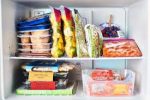
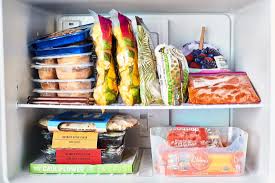

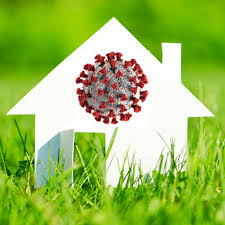

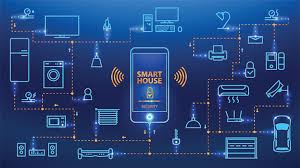


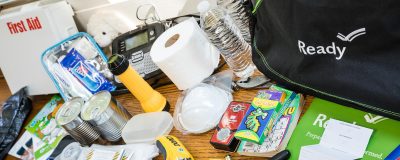

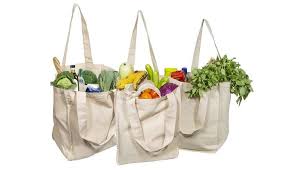

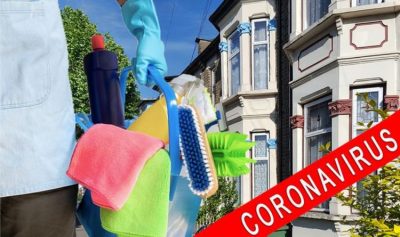
 Kim N. Bregman
Kim N. Bregman